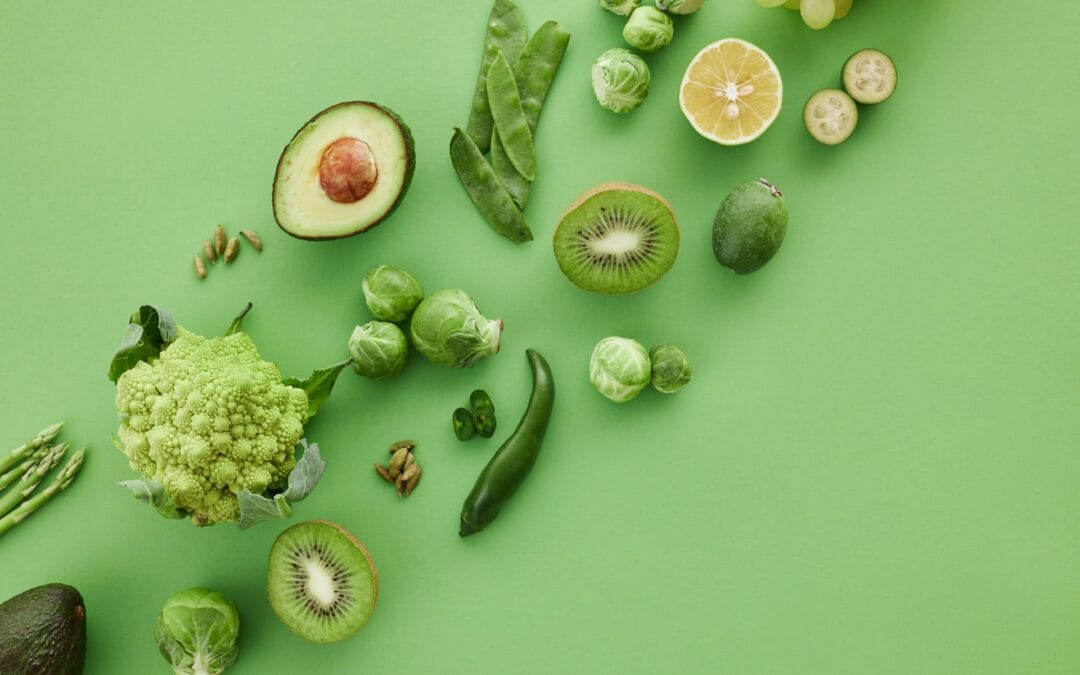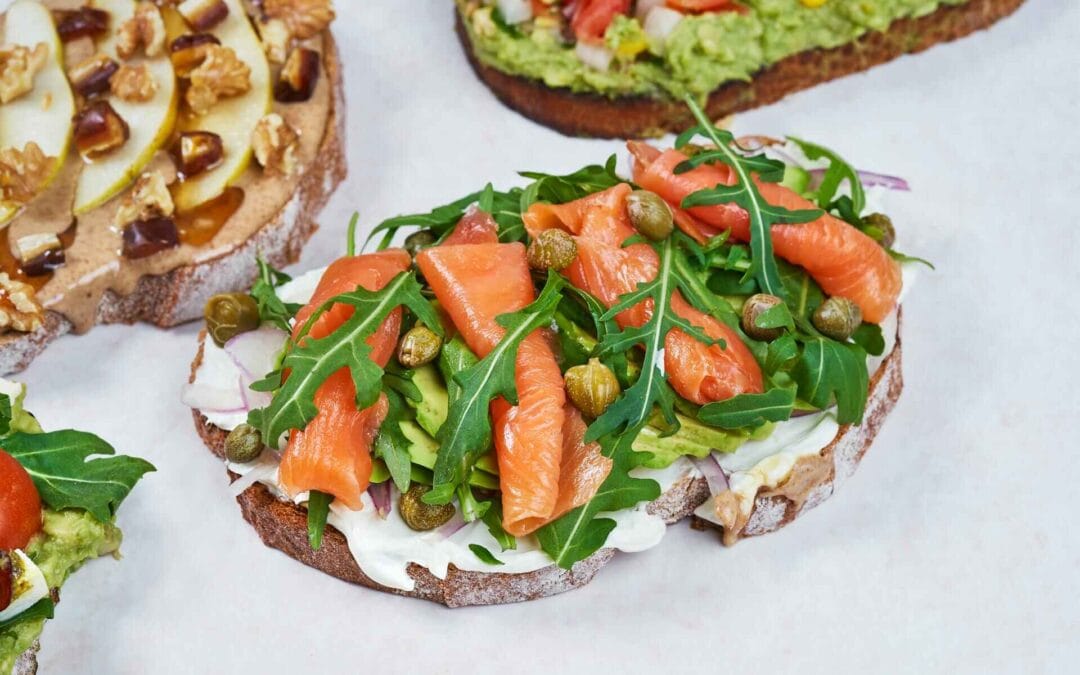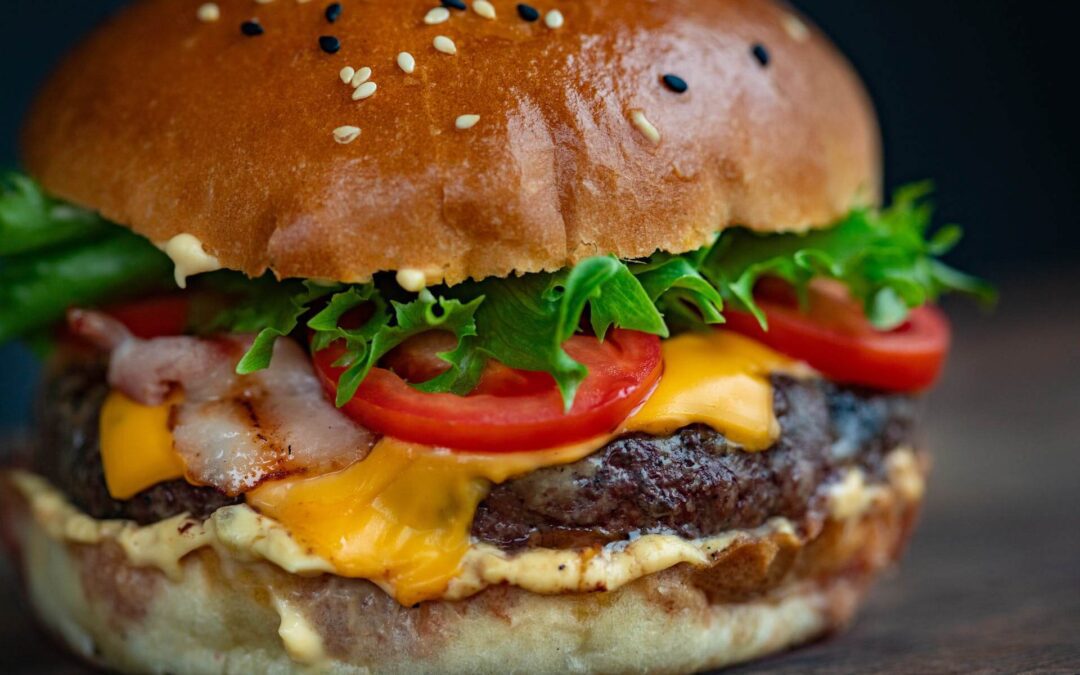Living a healthy Keto diet entails more than simply avoiding carbohydrates and eating fat. It’s also about preserving muscle and strength.
Muscle keeps us active and functional as we age. Muscle mass not only looks fantastic, but it is also a predictor of lifespan. [1]
However, many are concerned that building muscle on a Keto diet may be complex (if not impossible). Do you need carbohydrates to bulk up?
No, it does not. While carbohydrates have anabolic (growth) qualities, a protein-rich Keto diet is ideal for strength improvements. [2]
This second chapter of our Keto workout series will look at adequately gaining muscle and strength while on the diet. Let’s get started, shall we?
Protein and Resistance Training
There are two non-negotiables for maintaining strength and muscle:
- Protein consumption should be adequate.
- Resistance exercise
Add a third ingredient to that list if you want to grow muscle: An overabundance of calories. [3]
A short overview of protein. Protein comprises amino acids, the building blocks of most human tissues, including muscle tissue.
The branched-chain amino acids (BCAAs) leucine, isoleucine, and valine are necessary for muscle growth. Leucine is the king of the three for signaling muscle development and repair, commonly known as muscle protein synthesis. [4]
Leucine is present in meat, whey, and eggs, and it aids in maintaining a positive net protein balance in muscle tissue. Protein synthesis outcompetes protein breakdown when there is a positive net protein balance—said muscular development triumphs over muscle breakdown.
Lifting weights starts this process by causing your muscular tissue to break down. You are fed by protein, and your muscles adjust, returning larger and more robust.
So, how much protein is required to supplement Keto strength training? Continue reading.
How Much Protein On Keto?
Protein’s current RDA is 0.8 grams per kilogram of body weight, or around 50 grams per day for a 140-pound individual.
However, an investigation published in the journal Food & Function found that the RDA is insufficient to promote strength and muscle increases during physical exercise. A 140-pound individual, for example, needs double that amount, or 100 grams of protein each day.
That’s a lot of protein; many Keto dieters don’t get enough of it. Why? Because there is some misunderstanding concerning fat, protein, and carbohydrates (macros) in Keto. Some explanation will be beneficial.
A Ketogenic diet that has been adjusted is rich in fat, moderate to high in protein, and extremely low in carbohydrates. It’s around 60% fat, 30% protein, and less than 10% carbohydrate in calories. [6]
However, many overlook that a gram of fat contains nine calories, whereas a gram of protein or carbohydrate has just 4 calories.
Fat contains more than twice as much energy as protein! This indicates that on a 60/30/10 Keto diet, you should consume more protein than fat. Keep this in mind when you plan your low-carb meals.
Will Protein Kick You Out of Ketosis?
Let’s wait and see what the research says. In one study, seventeen obese men were fed two diets at separate times [7]:
- Non-keto (high protein, moderate carb)
- Keto High Protein (high protein, low carb)
What occurred? The males not only dropped more weight on the high-protein Keto diet but also sustained nutritional ketosis.
Yes, more significant protein consumption is consistent with Keto’s metabolic advantages. They’re also necessary for retaining muscle on your frame.
Do You Need Carbs To Build Muscle?
Carbohydrates, according to conventional belief, are required to grow muscle.
The rationale is straightforward. Consuming carbohydrates elevates insulin levels, an anabolic hormone that delivers more amino acids (protein) into skeletal muscle. Greater insulin, more significant gains.
Carbohydrates help you gain maximal muscle mass by eating enough protein and working correctly. However, if your objective is to eliminate body fat while maintaining lean muscle, Keto is the way to go.
In other words, while carbohydrate-rich diets are the best option for muscle and strength growth, a few studies show that some people may accomplish similar improvements on Keto.
After a resistance training program, overweight adults on highly low-carb diets exhibited equivalent strength increases to higher-carb controls in one study. [8] The difference was that those on the Keto diet shed more fat.
Another research project was much more intriguing. Twenty-six men were divided into low-carb and high-carb groups, then subjected to an 11-week strength training regimen. Protein was kept consistent throughout all groups. [9]
Despite eating the same amount of protein and more carbohydrates, the high-carb group shed less body fat and developed less muscle than the Keto group: same workout, protein, and results.
How Keto Preserves Muscle
Keto contains qualities that may explain how people (in several studies) have succeeded in increasing strength and power without carbohydrates.
Take a look at the following: [10]
- Low-carb diets are often richer in protein (a necessary component for muscle building) than high-carb diets. [11]
- The Keto diet may cause an increase in adrenaline, which prevents muscle breakdown. [12]
- Tiny research discovered that a Keto diet raised testosterone (an anabolic hormone) compared to a high-carb Western diet. [13]
- Another study discovered that a Keto diet raised IGF-1 (another growth factor) in skeletal muscle compared to a high-carb Western diet. [14]
This is not to argue that Keto is the best diet for muscle gain. If you genuinely want to bulk up, you should activate insulin, a fat-storage hormone, by consuming carbohydrates, protein, and strength exercises. Bodybuilders, for example, exhibited more significant muscle increases on a high-carb diet vs. a Keto diet (only the high-carb group had statistically significant muscle gains) despite equal strength gains [15].
A Keto diet can help you grow or retain muscle if pure muscular gains aren’t your primary aim. Remember that you’ll need a calorie surplus, plenty of protein, and a strength training regimen. Acquiring lean mass on Keto will be tough without these three components.
How To Build Strength On Keto
The Keto strength training formula is straightforward. Consume adequate protein, do weights, and allow your muscles to recuperate between sessions.
Increase your fat and protein calories if you want to grow muscle. Adding 10% additional calories to your daily total is an excellent place to start, but you should experiment to find out what works best for your body.
You have a lot of alternatives when it comes to weight training. If you want to grow muscle:
- Attempt a low-rep, high-weight workout.
- Look to high-rep low-weight routines for muscle maintenance and endurance.
- Check out our entire Keto workout Guide for more specific workout options.
Finally, use the Carb Manager app to keep track of all the critical variables—protein, calories, body weight, and even exercise sessions. Becoming more assertive on Keto will help you stay accountable, motivated, and focused.







0 Comments